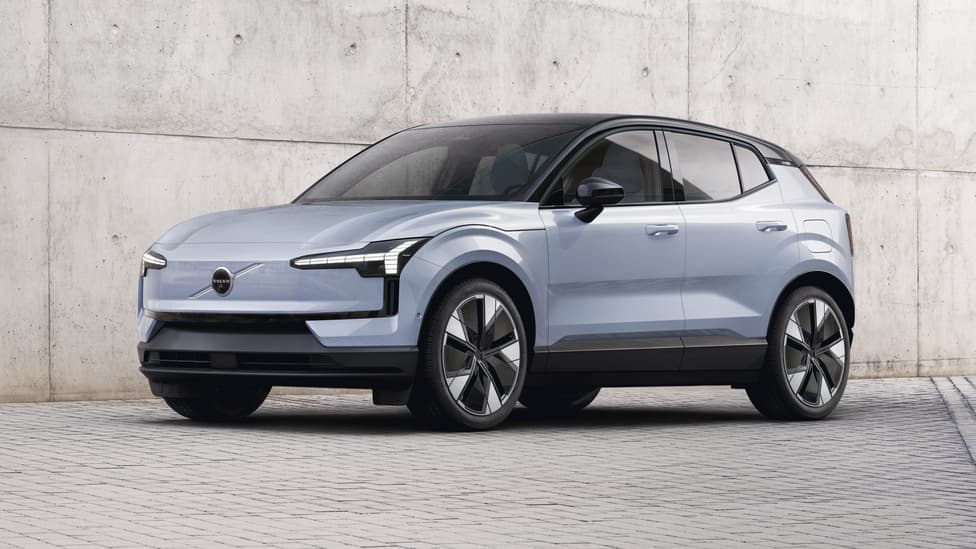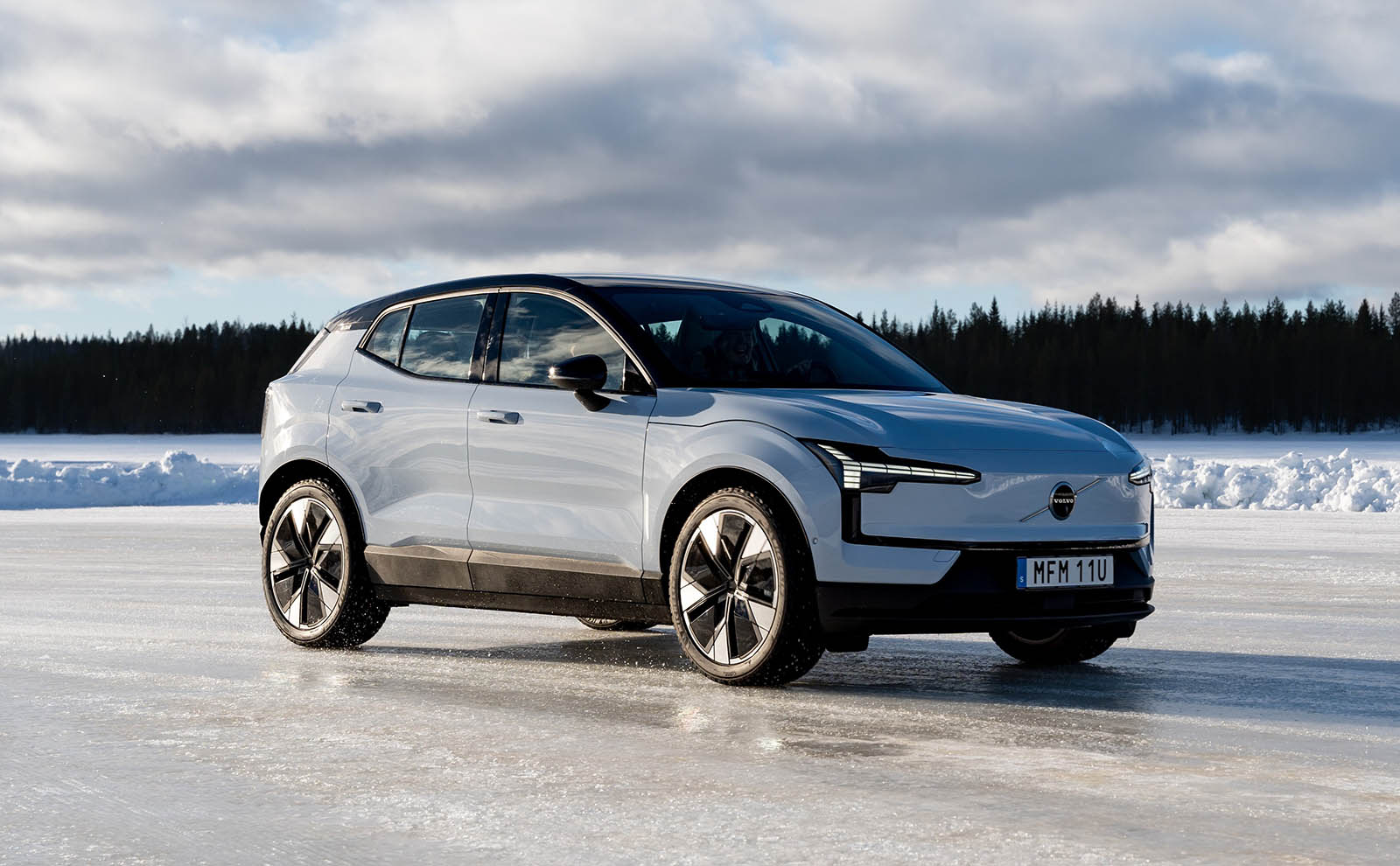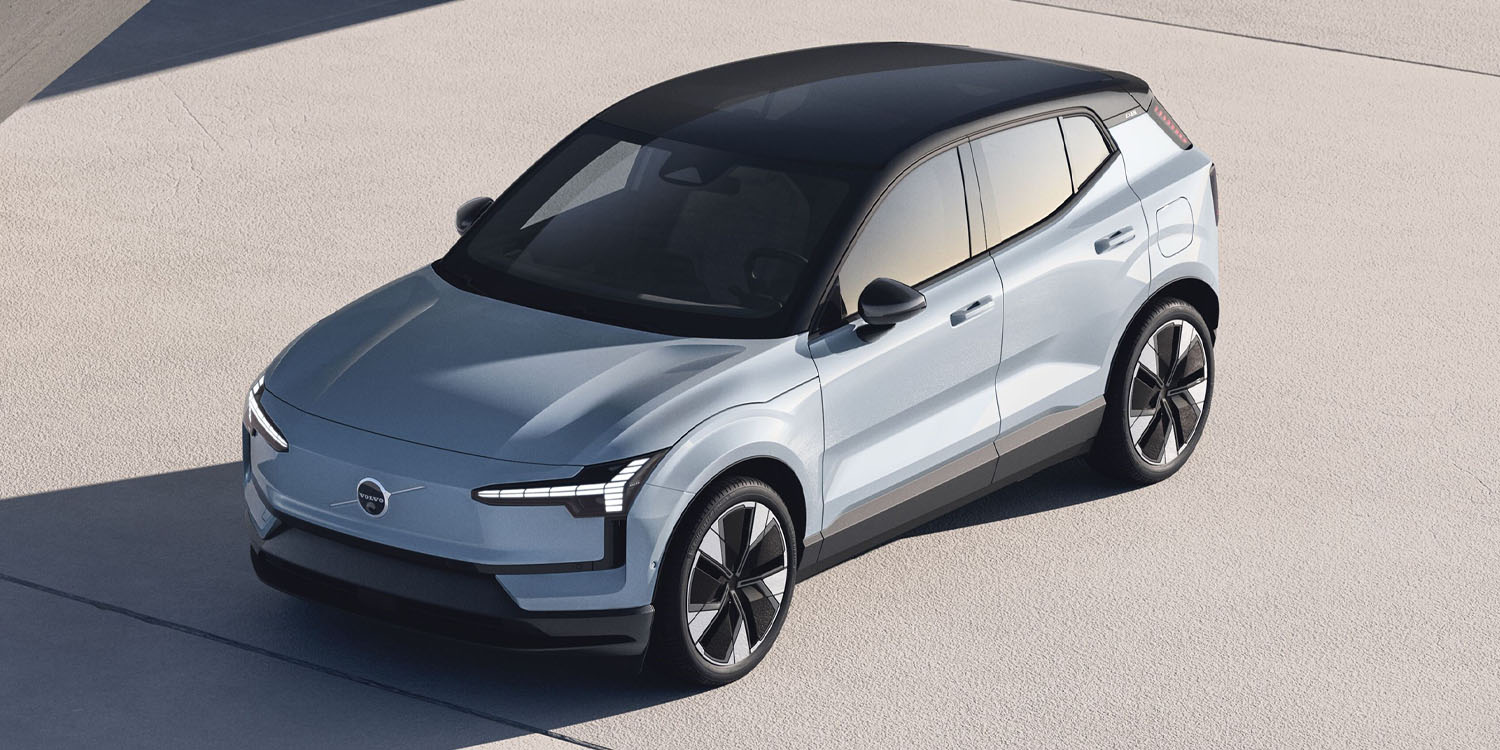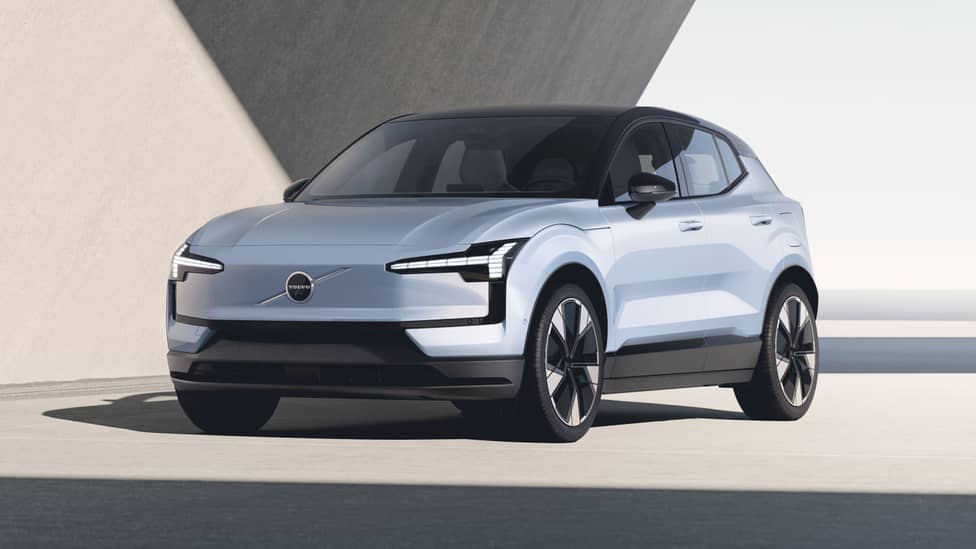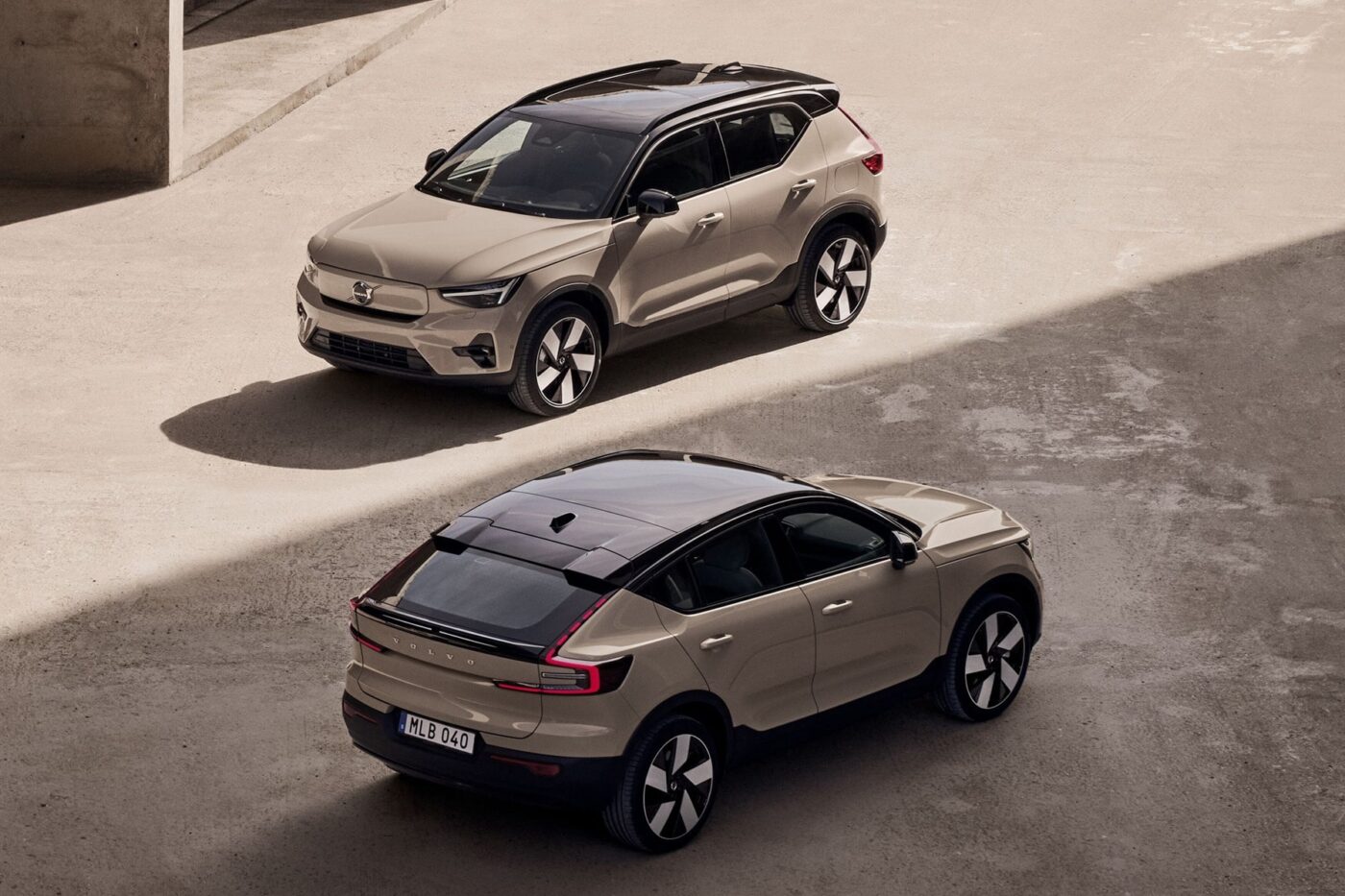Volvo has announced a recall of all 71,956 EX30 models produced to date due to a software bug that could cause the speedometer to go into test mode when the vehicle is started. The glitch, although not critical, requires attention to ensure proper functionality.
The EX30, Volvo’s most affordable EV, has seen remarkable success since its launch late last year. With 14,500 units sold in the first quarter and over 35,000 units sold through May, it has quickly become one of the best-selling fully electric cars in Europe, according to Björn Annwall, Volvo Cars’ CCO and deputy CEO. DataForce research indicates that the EX30 was the third-best-selling EV in Europe, trailing only the Tesla Model Y and Model 3.
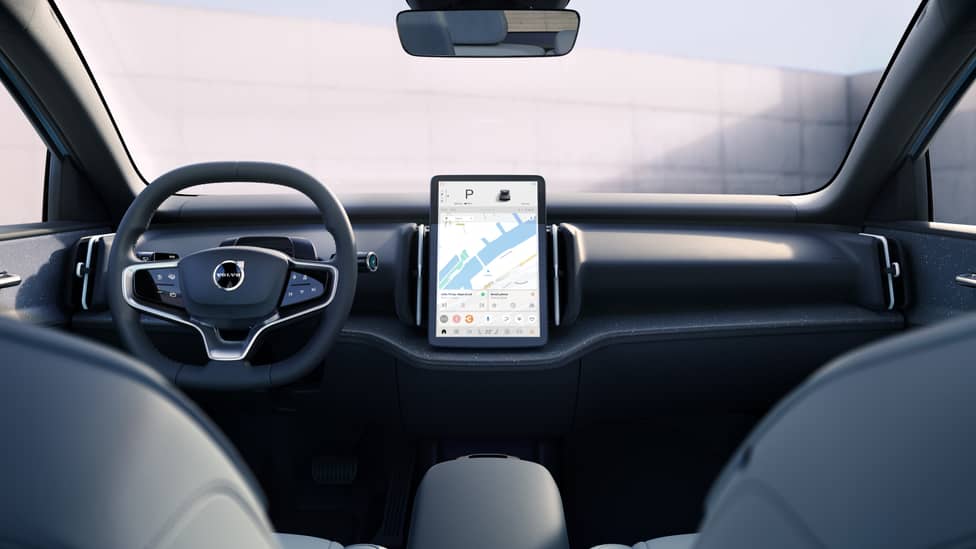
The recall comes amid Volvo’s efforts to resolve the software issue affecting the speedometer. The fix can be implemented through an over-the-air (OTA) update, which Volvo will provide at no cost to owners. Alternatively, owners can visit a dealership to have the update installed.
This is not the first time software issues have impacted Volvo’s EV production. The larger EX90 also faced software challenges, leading to production delays. Despite these setbacks, Volvo remains committed to its EV plans, with the EX30 and EX90 playing crucial roles.
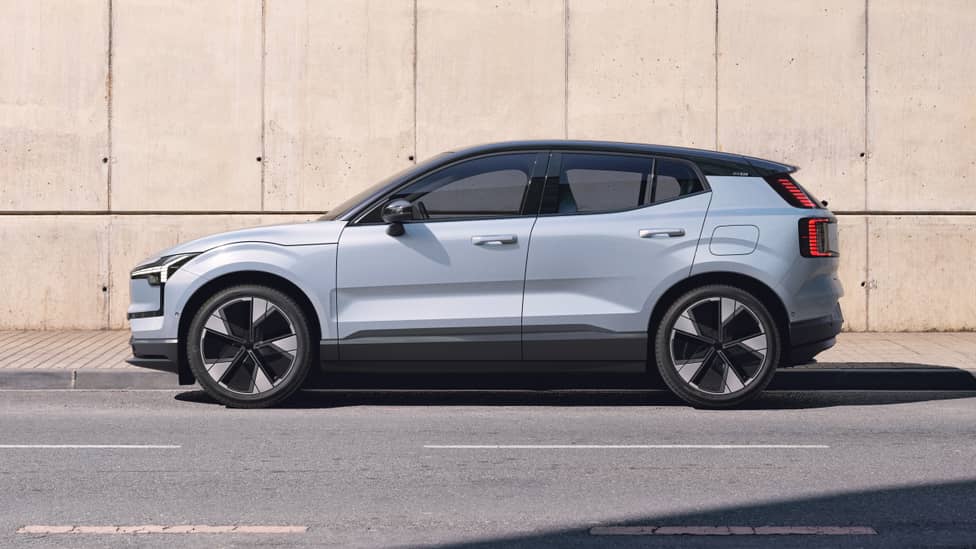
The EX30, starting at $34,950 in the US and 36,000 euros in Europe, is positioned as an affordable EV option. With the OTA update expected to resolve the software bug swiftly, Volvo aims to resume production and sales momentum quickly.
In related news, there were reports suggesting that Volvo would move EX30 and EX90 production to its Ghent, Belgium plant due to anticipated tariffs on EVs made in China. However, Volvo has denied these reports, emphasizing its commitment to building cars where they are sold.
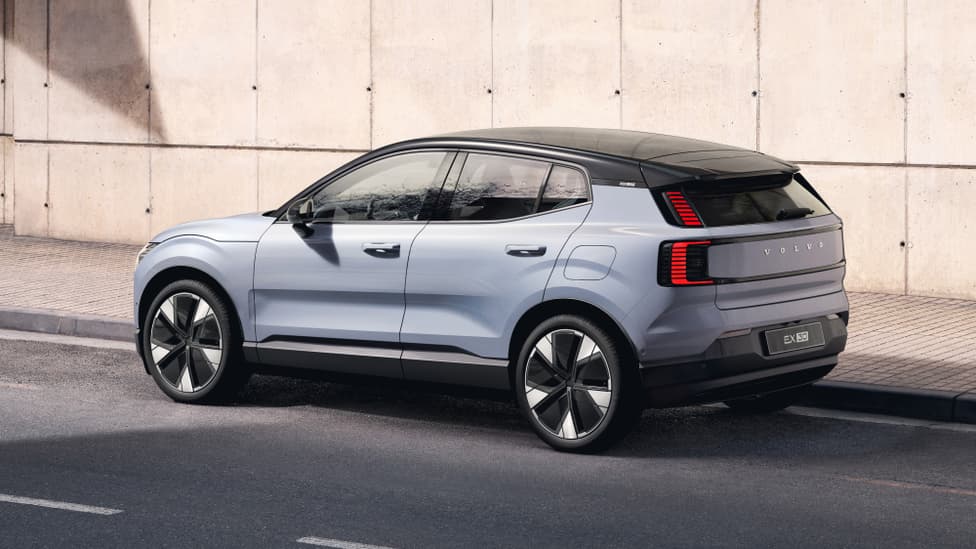
Volvo’s move towards an all-electric future is evident, with fully electric cars accounting for 25% of sales in May. The automaker aims to transition entirely to electric vehicles by 2030, aligning with its sustainability goals and the global shift towards cleaner transportation.

